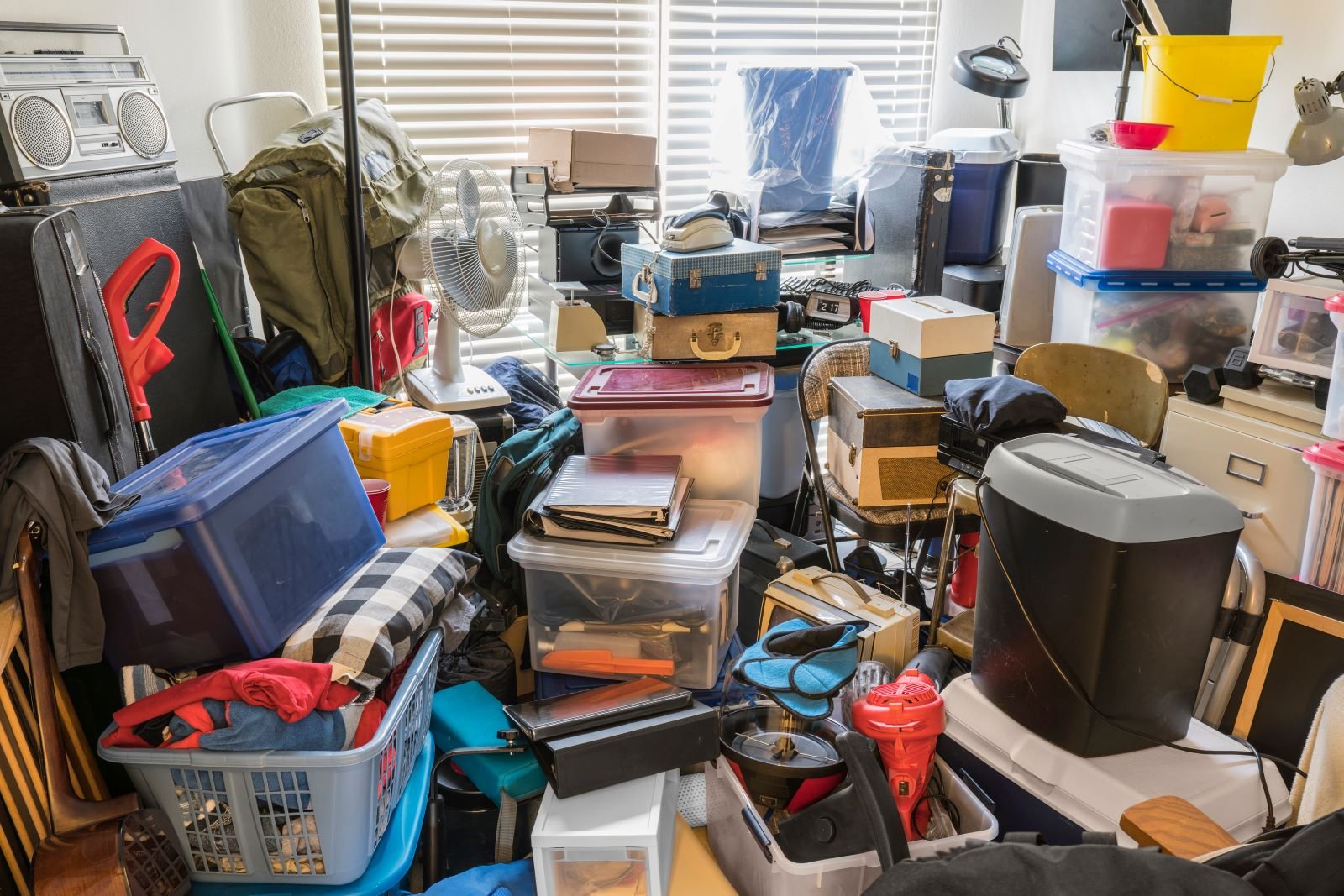Class-based prejudices have not been completely removed from modern culture. Many still judge and label others based on certain stereotypes. These misconceptions range from what you wear to how you talk and travel. It is important that we realize that personal preferences do not define our values or class.
However, we have reviewed various online forums to curate a list of habits that society perceives as low class.
Excessive Alcohol Consumption

Excessive alcohol consumption is often stigmatized as a low-class habit due to its association with irresponsible behavior, addiction, and social dysfunction. It’s seen as a coping mechanism for stress or dissatisfaction rather than a leisurely indulgence enjoyed in moderation.
Fast Food Consumption

Society often views fast food consumption as a low-class habit due to its associations with poor dietary choices, health issues, and lack of culinary skills. It’s perceived as a preference driven by convenience and affordability rather than a commitment to healthy eating habits.
Baggy Clothes

Even though fashion is a personal choice and has a large spectrum, baggy clothes are often looked down upon. It happens mostly due to associations with sloppiness or negative stereotypes from certain subcultures. Tighter-fitting attire is often favored for its perceived professionalism and conformity to social norms, while baggy clothing may be seen as disrespectful or inappropriate in many settings.
Thrift Shopping

Shopping at thrift stores has become increasingly popular, and it is also a sub-culture, known as “secondhand culture”. It is expected to be at least a $77 billion industry by 2025.
Still, buying secondhand clothing allows you to obtain items at a significantly reduced cost, often a fraction of the original price. However, it is often stigmatized as a practice reserved for those facing financial difficulties, discouraging broader acceptance of thrift shopping.
Hoarding

Hoarding things or maintaining cluttered living spaces is often perceived as a low-class habit. It’s associated with disorganization, lack of self-discipline, and an inability to prioritize essential needs over material possessions, which can lead to unsanitary conditions and social isolation.
Career

Society often judges individuals as low class based on their career choices or professions Jobs such as janitorial work, fast food service, or retail positions are often stigmatized, leading to assumptions about an individual’s intelligence, and socioeconomic background.
Tattoos or Piercings

Tattoos and piercings are often unfairly associated with lower societal classes. People tend to judge those who choose body art, overlooking the deeper cultural significance that these forms of expression can hold. In fact, tattoos and piercings often serve as powerful symbols of cultural identity. Today, the tattoo industry is valued at $1.4 billion yet societal biases persist.
Public Transportation

There’s a misconception that using public transportation, such as buses, is only for those with lower incomes. The fact is that public transportation, like the bus, is a more practical and eco-friendly choice. It reduces traffic congestion and carbon emissions. People from all walks of life choose public transit for its convenience and sustainability, not solely due to financial constraints.
Train to Vacation

Another mode of transportation that is scoffed at is the railway. Some people will judge you if you take the train to go on vacation instead of an airplane. That is because trains are considered less glamorous and synonymous with financial constraints. In reality, trains offer a more relaxed and scenic experience than flights.
Slang or Profanity

Frequent use of slang is often associated with lower socioeconomic status due to perceptions of limited education and communication skills. However, some slangs are a part of culture and the dialect they speak.
Loud Communication

A prevalent stereotype is the judgment of individuals based on their communication style. Those in privileged social classes often associate loud or unrefined communication with lower socioeconomic backgrounds, leading to unfair perceptions of being uneducated and hindering professional opportunities.
DIY Skills

Several people deem others to be of a lower class if they enjoy doing DIY projects or prefer DIY-ing over buying new products. In reality, though, DIY is a process that requires skill and creativity. It gives your furniture and other products a personal touch, regardless of where you stand on the socioeconomic scale.
Relying On Credit Cards

Many people associate heavy reliance on credit cards or owning multiple cards with poor financial management skills and a low socioeconomic status. However, credit cards can serve as valuable financial tools, offering security, rewards, and opportunities. According to the Federal Reserve, in 2022, a whopping 214 million adults had a credit card.
Coupons and Discounts

Frequently seeking discounts and using coupons to cover expenses is often perceived as desperate, with this trait commonly associated with low-income households.
However, using coupons and discounts can also mean that you are financially savvy and know how to save money. Saving money is a trait that should apply to everyone.
Bringing lunch to work

Taking lunch to work is commonly regarded as a way to save money. While some may perceive it as a low-class habit, it’s a wise and health-conscious decision. By doing this, you develop healthier eating habits and save a substantial amount of money. It also demonstrates resourcefulness and self-care regardless of financial circumstances.
Low-cost Recreation

Free or low-cost recreational activities like visiting public parks, hiking trails, or participating in community events are often unfairly associated with financial hardship or a lower socioeconomic status. This perception can lead to stigma and judgment against individuals who partake in such activities, despite them being accessible and enjoyable for people from all backgrounds.
